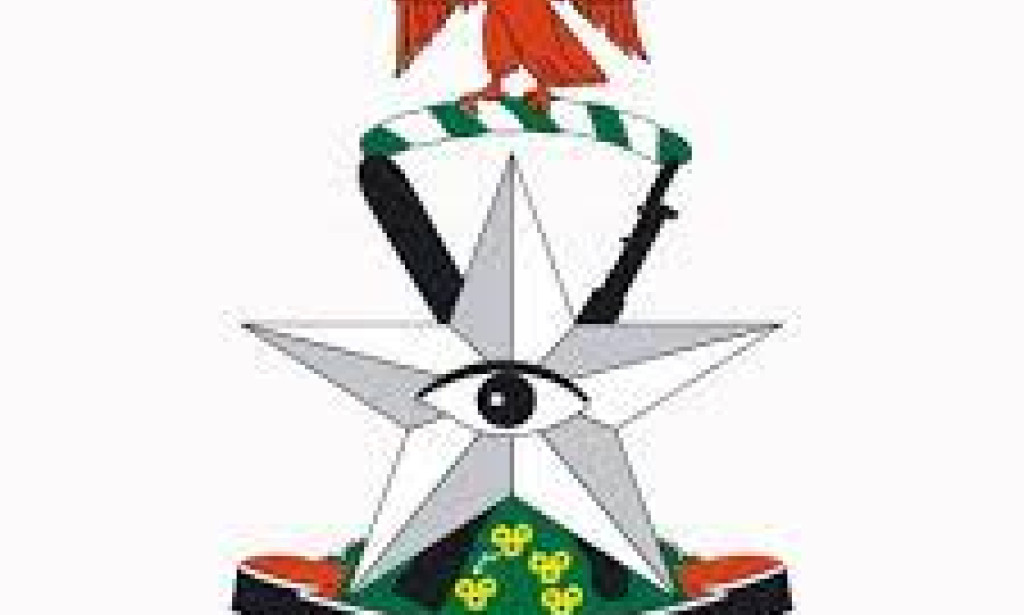Uncovering Alleged Corruption in the Nigerian Customs Service: A Deep Dive into the Scanner Saga
The Nigerian Customs Service (NCS), tasked with regulating and facilitating international trade, has been embroiled in allegations of corrupt practices. Central to these claims is the misuse of cargo scanners, which were introduced as a beacon of efficiency and transparency but have become a focal point of controversy.
The Scanner Saga: Compromised Transparency?
Technological Promise: The NCS adopted high-tech scanners to modernize cargo inspection, promising faster processing and reduced human error.
Allegations of Deliberate Misuse: There are serious accusations that these scanners are frequently underutilized or in disrepair. This has led to suspicions about the intentional sidelining of technology for personal gain.
Manual Inspections and Corruption: With scanners sidelined, manual inspections become the norm, opening the door for subjective evaluations. Reports suggest that some customs officers exploit this to manipulate cargo valuations, leading to inflated import duties and opportunities for extortion.
The Extortion Mechanism
Inflated Valuations and Bribes: Importers face a dilemma: accept inflated cargo values and pay higher duties or succumb to demands for bribes to 'normalize' these valuations.
Use of Delays as Leverage: Further complicating matters, there are instances where customs officers allegedly use the threat of delays as a tool to pressure importers into paying bribes, exploiting the cost-sensitive nature of import operations.
Beyond Scanners: A Wider Web of Allegations
Customs Officers as Evaluators or Extortionists?: The role of customs officers in cargo evaluation is under scrutiny, with claims of rampant price inflation and bribe solicitation.
Unusual Deployments: Adding to the complexity, the presence of customs officials in city centers, rather than solely at border points, raises questions about their operational mandates and potential misuse of authority.
Personal Accounts and Case Studies
Voices from the Ground: Importers have shared experiences of facing arbitrary charges and pressure to pay bribes, painting a concerning picture of the customs process.
Comparative Analysis: When cargo passes through functional scanners, the discrepancies in duty evaluations compared to manual inspections are striking and suggestive of foul play.
Economic and Social Repercussions
Ripple Effects on the Economy: These practices, if proven true, have far-reaching effects on Nigeria's business environment, inflating costs and deterring international trade partnerships.
Erosion of Trust: The credibility of the NCS is at stake, impacting national and international perceptions of Nigeria's commitment to fair trade practices.
Conclusion
The allegations of corruption within the Nigerian Customs Service, centering around the misuse of scanners, raise significant concerns about the integrity of Nigeria's trade facilitation system. These accusations necessitate thorough investigations and robust reforms to ensure transparency and efficiency, restoring faith in an institution vital to Nigeria's economic health.



You must be logged in to post a comment.